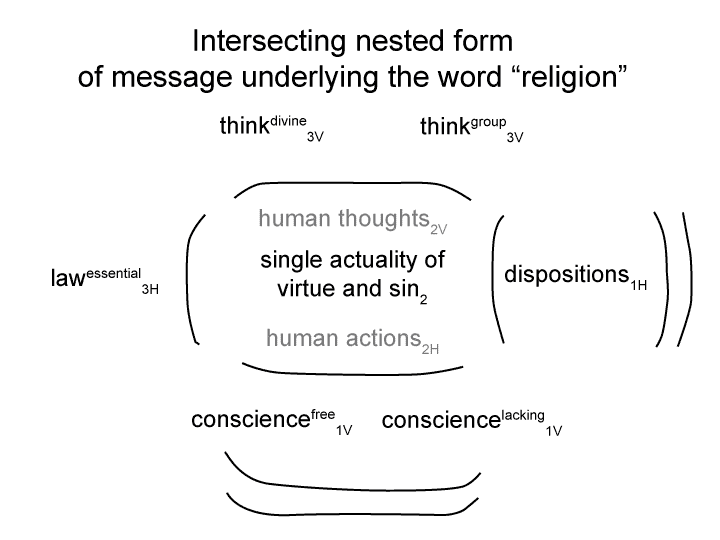Man and Sin by Piet Schoonenberg (1964) 2.1K
Summary of text [comment] page 64
[Of course, Schoonenberg ignored the phantasmagorical currency potential of indulgences.
Instead, he claimed that indulgences were misleading.
But then, so are all thinkgroup notions when extrapolated to include everyone in society.
The selling of indulgences was an infrasovereign movement that never aspired to consolidate power.
Why?
The unification of church and state was not imaginable at the time. Europeans had forgotten the Public Cult that constituted the Roman Empire. In fact, they fantasized its glorious return.]

